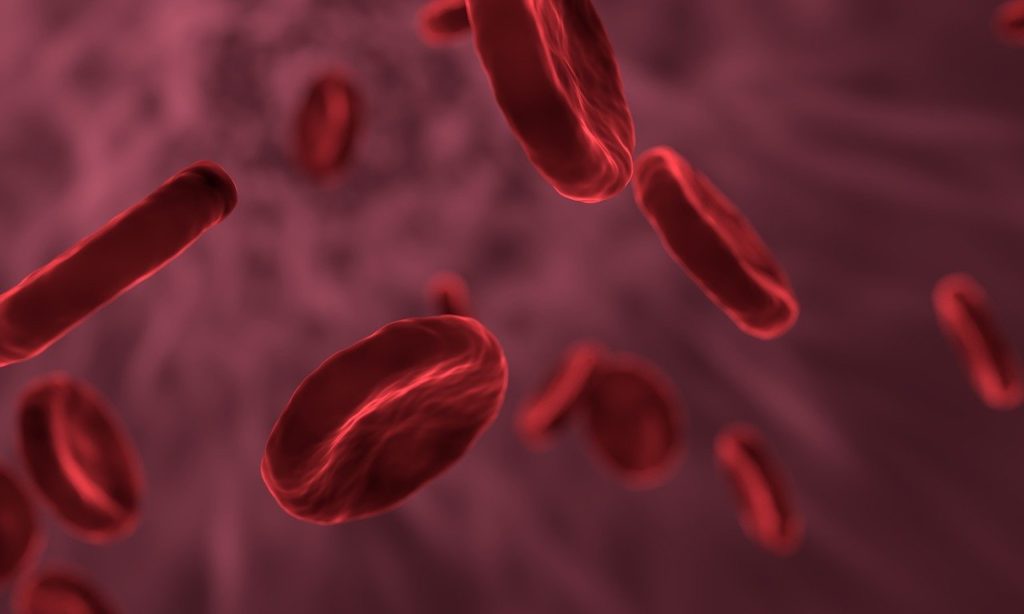Rare Pediatric Disease designation is granted by the FDA to drugs or biologics intended to treat life-threatening diseases affecting individuals aged 18 or younger. In this case, rare conditions are those affecting under 200,000 Americans. As a benefit for receiving this designation, the drug developer also earns eligibility for a Priority Review voucher which can be used for a future marketing application. According to a press release from genome-editing company Editas Medicine, Inc. (“Editas”), the company’s therapeutic candidate EDIT-301 recently received this designation for the treatment of transfusion-dependent beta thalassemia.
What is Beta Thalassemia?
HBB gene mutations cause beta thalassemia, a blood disorder characterized by reduced hemoglobin levels. Typically, these mutations are inherited in an autosomal recessive pattern. There are three characterizations of beta thalassemia: minor, intermediate, or major. You may learn about beta thalassemia major here.
Symptoms can include:
- Fatigue and/or general malaise
- Anemia
- Extremely pale skin
- Enlarged spleen
- Headache
- Dizziness
- Shortness of breath
- Blood clots
- Iron overload (in those with the intermediate and major forms)
EDIT-301: An Investigational Therapy
Currently, EDIT-301 is still considered to be an experimental therapy. In short, this means that – for all intents and purposes – patients are unable to use this treatment until it is approved, unless they are participating in clinical trials.
EDIT-301 is an ex vivo gene-edited medicine. According to Editas, there are two approaches to ex vivo gene therapy: removing, editing, and reintroducing cells to the patient, or having a universal editable cell population. In the case of EDIT-301, it fits into the first category. First, CD34+ hematopoietic stem cells (HSCs) and progenitor cells are sourced from patients. Next, these cells are edited at HBG1 and HBG2 promoters to increase the production of fetal hemoglobin.
Outside of beta thalassemia, EDIT-301 also earned the Rare Pediatric Disease designation for sickle cell disease (SCD). Currently, researchers are evaluating EDIT-301 for hemoglobinopathies and sickle cell disease in a Phase 1/2 clinical trial. In the future, researchers hope to begin a similar study for beta thalassemia.








